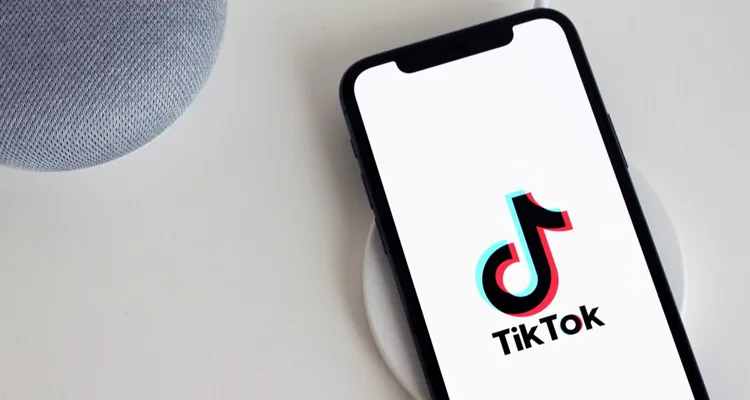Photo Credit: Plann / CC by 4.0
Australia bans TikTok from federal government-owned devices over security concerns as more US states enact similar bans.
Australia banned TikTok this week from all federal government-owned devices, citing security concerns, as the latest US-allied country to take action against the Chinese-owned short video app. Additionally, more US states, including Arizona and Florida, continue to ban TikTok at the federal level.
These bans highlight the growing concerns that the Chinese government could use the platform, owned by ByteDance Ltd., to harvest user data to advance its political agenda. But in the case of Australia, the ban risks renewing diplomatic tensions between the country and China, its largest trading partner.
Australia’s ban means that all members of the “Five Eyes” intelligence network — Australia, Britain, Canada, New Zealand, and the United States — have banned the app from government devices. The European Commission, Belgium, and France have issued similar bans.
Meanwhile, in the United States, Arizona Governor Katie Hobbs announced an executive order this week to enact a TikTok ban on state devices. State agencies have 30 days to comply but also have the opportunity to apply for exemptions with sufficient justification.
Florida’s ban on the Chinese app works a little differently as part of Governor Ron DeSantis’ proposed “Digital Bill of Rights.” If passed, the proposal would ban TikTok and other Chinese-owned social media platforms from state government devices and internet services at public schools, colleges, and universities.
The US government announced on February 27 that TikTok must be removed from all federally-issued devices within 30 days, with exceptions for “law enforcement activities, national security interests and activities, and security research.”
Several countries have wholly banned TikTok, including Afghanistan, India, and Taiwan, while Pakistan has temporarily prohibited the platform four times since 2020. In contrast, partial bans have been implemented on government-issued devices in countries including Britain, Canada, Australia, New Zealand, the US, and across the European Union.

